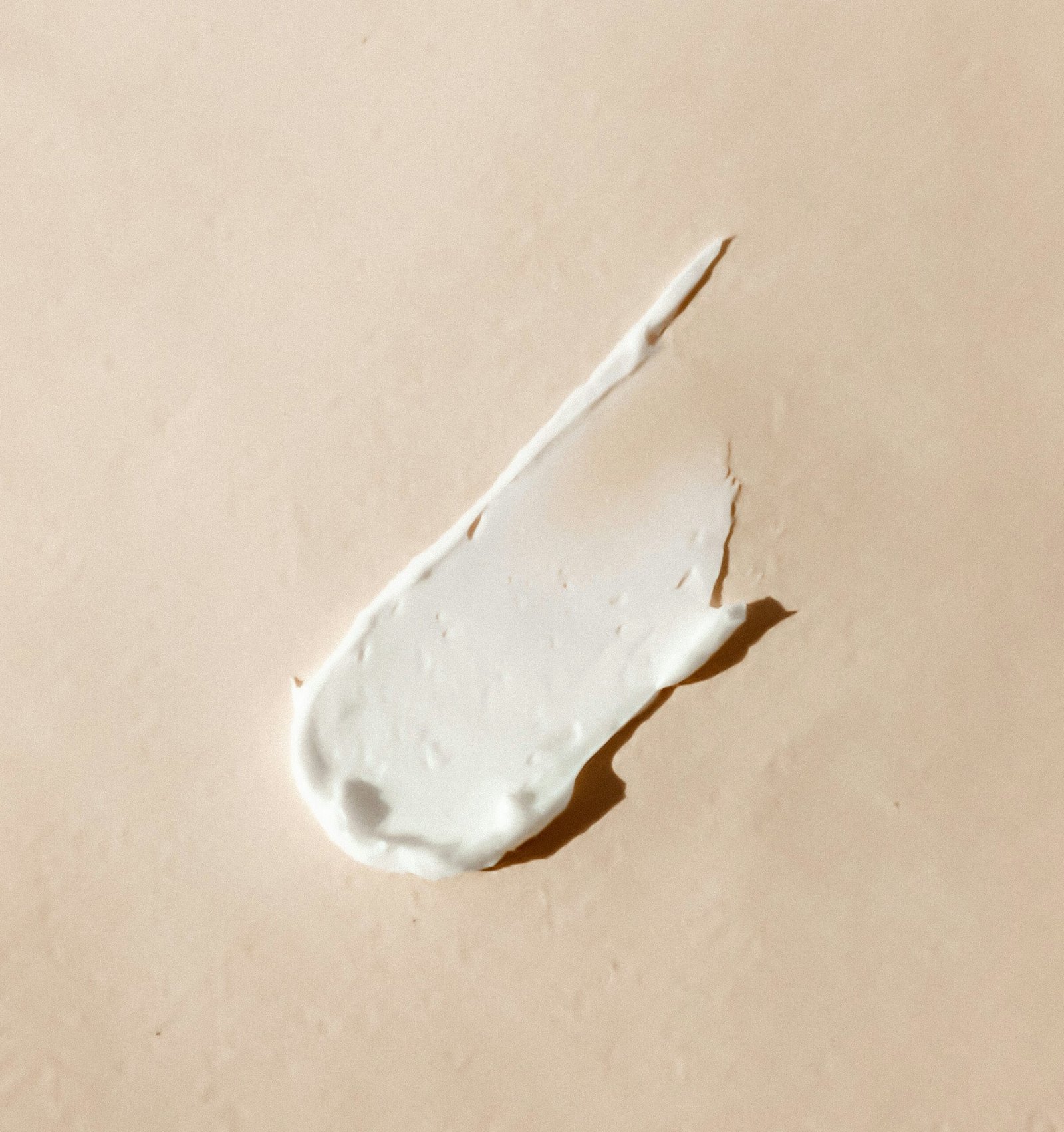The Basics of Skincare: Essential Steps for a Healthy Complexion
Having a healthy complexion is not just about good genes or luck. It requires a consistent skincare routine that addresses the specific needs of your skin. Whether you are a skincare enthusiast or a beginner, understanding the basics of skincare is essential for achieving and maintaining a radiant and healthy complexion.
Cleanse: The Foundation of Skincare
The first and most crucial step in any skincare routine is cleansing. Cleansing helps to remove dirt, oil, and impurities that accumulate on the skin throughout the day. It also prepares the skin for the absorption of other skincare products.
When choosing a cleanser, it is important to consider your skin type. If you have oily or acne-prone skin, opt for a gel or foaming cleanser that can help control excess oil. For dry or sensitive skin, a gentle cream or milk cleanser is recommended to avoid stripping the skin of its natural oils.
Remember to cleanse your face twice a day, in the morning and evening, to maintain a clean and refreshed complexion.
Exfoliate: Unveil a Fresh and Radiant Complexion
Exfoliation is a crucial step in any skincare routine as it helps to remove dead skin cells and reveal a fresh and radiant complexion. Regular exfoliation also improves the effectiveness of other skincare products by allowing them to penetrate deeper into the skin.
There are two types of exfoliation: physical and chemical. Physical exfoliation involves using a scrub or brush to manually remove dead skin cells. Chemical exfoliation, on the other hand, involves the use of alpha hydroxy acids (AHAs) or beta hydroxy acids (BHAs) to dissolve dead skin cells.
It is important to note that over-exfoliating can cause irritation and damage to the skin. Therefore, it is recommended to exfoliate 1-2 times a week and adjust the frequency based on your skin’s tolerance.
Moisturize: Hydrate and Nourish
Moisturizing is a crucial step in maintaining a healthy complexion. It helps to hydrate the skin, restore its natural moisture barrier, and prevent dryness and irritation. Additionally, moisturizers can provide nourishing ingredients that promote skin health.
When choosing a moisturizer, consider your skin type and specific concerns. For oily or acne-prone skin, opt for a lightweight, oil-free moisturizer. Dry or mature skin may benefit from a richer, more hydrating moisturizer. Don’t forget to apply moisturizer to both your face and neck for a complete skincare routine.
Remember to moisturize your skin twice a day, after cleansing, to keep your complexion supple and hydrated.
Sun Protection: Shield Your Skin
Protecting your skin from the sun’s harmful rays is essential for maintaining a healthy complexion and preventing premature aging. Exposure to UV rays can lead to sunburn, wrinkles, dark spots, and even skin cancer.
Make sure to apply a broad-spectrum sunscreen with an SPF of 30 or higher every day, even on cloudy days. Reapply sunscreen every two hours, especially if you are spending time outdoors or sweating heavily.
In addition to sunscreen, consider wearing protective clothing, such as hats and sunglasses, and seeking shade during the peak hours of sun exposure.
Conclusion
Taking care of your skin is not a luxury but a necessity. By following these essential steps of skincare – cleansing, exfoliating, moisturizing, and sun protection – you can achieve and maintain a healthy complexion. Remember to choose products that are suitable for your skin type and concerns, and be consistent with your skincare routine. With a little effort and dedication, you can enjoy a radiant and glowing complexion.




